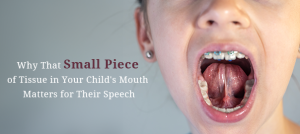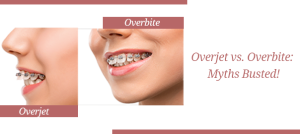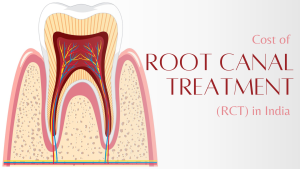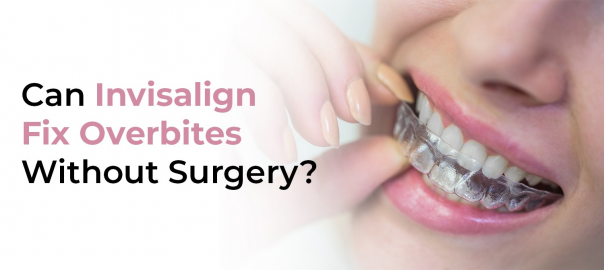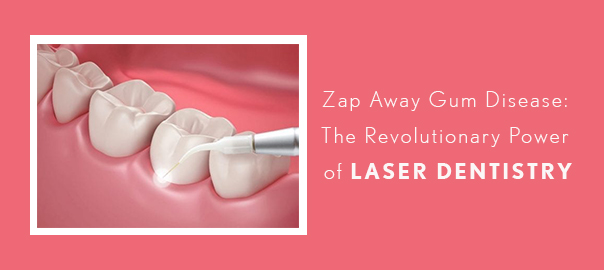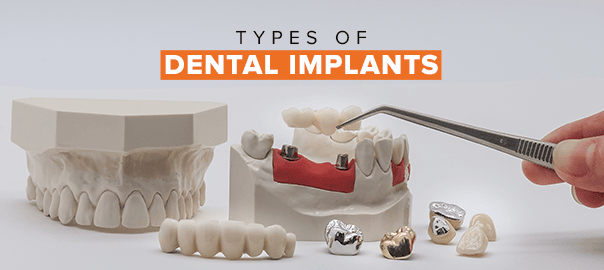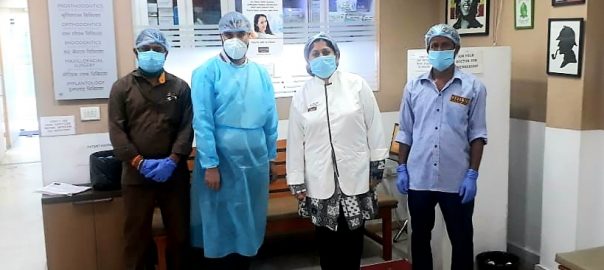Knowledge, Awareness And Attitude Regarding Stem Cells And Dental Stem Cells Banking Among Teachers: A Cross-Sectional Survey
Stem cells, with their unique ability for continuous division, self-renewal, and regeneration of complex tissues, play a pivotal role in the fields of regenerative medicine and therapeutic applications. This study focuses on dental stem cells (DSCs), a subtype of adult stem cells, exploring their potential in regenerating various craniofacial structures. While DSCs have gained popularity due to ease of procurement and fewer ethical concerns, knowledge about stem cells, especially among school teachers, remains limited.
A cross-sectional study was conducted among 173 school teachers in Hyderabad to assess their awareness and knowledge regarding stem cells and dental stem cell banking. The participants, predominantly female (88.4%), exhibited varied teaching experience and educational backgrounds. A structured questionnaire was administered, covering demographic details and 15 questions assessing knowledge and attitudes towards stem cells and dental stem cell banking.
Results indicated a moderate awareness of stem cells (86.7%) among teachers, but a substantial proportion lacked in-depth knowledge. Only 50.9% correctly identified stem cells as unspecialized cells capable of forming any cell type. Notably, 59% were aware of using shed teeth as a source of stem cells, while a mere 34.7% recognized the potential of dental stem cells for non-dental tissue regeneration. The study also highlighted a dearth of awareness regarding the cost-effectiveness of tooth banking compared to umbilical cord blood banking.
The study further explored differences in knowledge and attitude based on teaching experience, revealing a need for targeted educational interventions. While 79.5% of teachers with less than ten years of experience demonstrated awareness of stem cells, only 60.9% with more than ten years of experience exhibited similar knowledge.
In conclusion, the study underscores the need for comprehensive education on stem cells and dental stem cell banking, particularly in school curricula and teacher training programs. Although teachers showed a willingness to update their knowledge, a more proactive approach is essential to harness the vast potential of stem cell therapy for disease prevention and treatment.
Leave a Reply
Leave a Reply
POPULAR POST







